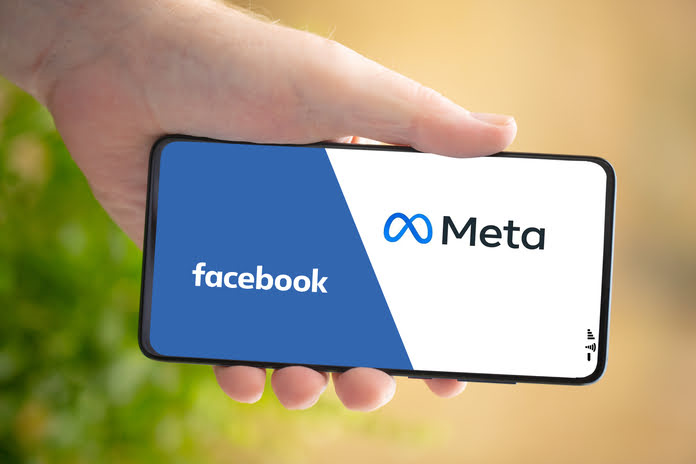You can infer Meta’s opinion of its stock price from the company’s substantial share repurchases.
Meta Platforms (NASDAQ:META), a social media conglomerate, spends more cash on share repurchases than many businesses, yet not many people know it. Though attitude toward Meta (NASDAQ:META) has been muddied by the company’s difficulties in its advertising business following the iOS privacy changes, all of this commotion may ultimately be to shareholders’ advantage. You must be aware of Meta’s extensive share repurchase program and how it can help investors.
Why should you care about share repurchases?
Companies have two main options for how to distribute profits to shareholders. They can utilize share repurchases to buy their stock from the market or pay cash dividends to shareholders, directly sharing profits with them.
Share repurchases lower the number of outstanding shares. Because there are fewer shares to distribute the company’s revenues among, each remaining claim is worth more when there are fewer outstanding shares.
The five-year history of Meta’s share repurchases is shown here; for the last two years, management has been active. Over the last five years, the number of outstanding shares has decreased by about 7%.
It’s easy to see how share repurchases impact earnings; in 2017, Meta’s net income was $15.92 billion, and there were roughly 2.956 billion shares outstanding, translating to $5.39 in EPS.
There are 2.7 billion shares outstanding and $37.34 billion in net profits for Meta (NASDAQ:META) during the last 12 months, translating to an EPS of $13.83. The company’s overall net income increased by 134%, but EPS increased by 156%. In other words, Meta (NASDAQ:META) is speeding up the growth of its earnings per share as it buys back more of its stock. This may not seem like much, but businesses that continually generate cash can buy back shares for years, and the total value grows over time.
Why Meta’s repurchases are so successful
Since Meta (NASDAQ:META) is repurchasing shares on the open market, it pays market value just like you or I would. However, Meta (NASDAQ:META) doesn’t purchase shares to sell them later; instead, it retires the shares, removing them from circulation. Investors benefit when Meta (NASDAQ:META) receives more excellent value for their money. Because repurchases can buy more shares at a lower share price, EPS increases.
With that viewpoint, you can understand why Meta’s management has become so aggressive with stock repurchases. The price-to-earnings (P/E) ratio for Meta (NASDAQ:META) has dropped to just 12, below the historical average for the S&P 500.
Due to Apple’s adjustments to iPhone privacy, Meta (NASDAQ:META) is battling with fewer effective ads. For every dollar of revenue, the company is still generating $0.33 in free cash flow, and analysts continue to predict that Meta (NASDAQ:META) will increase EPS by an average of 11% annually over the next three to five years. She was considering what Meta (NASDAQ:META) has in mind.
So, what should we do next? Because of Meta’s ominous clouds, the business was able to repurchase shares at a great price. The corporation bought back an additional $5 billion worth of shares in the second quarter, and it still has another $24 billion in approved share repurchases available.
With a market valuation of $445 billion, Meta (NASDAQ:META) will lose a further 5% of its shares over the upcoming quarters if the share price stays constant.
Reality Labs will likely continue to be loss-making for the foreseeable future until Meta (NASDAQ:META) works through the difficulties that Apple’s iOS upgrades brought on. These share repurchases, however, may appear to be a gift to shareholders in the long run if you have faith in Mark Zuckerberg’s ability to lead and that Meta (NASDAQ:META) will work things out.
Featured Image: Megapixl @Colour59















